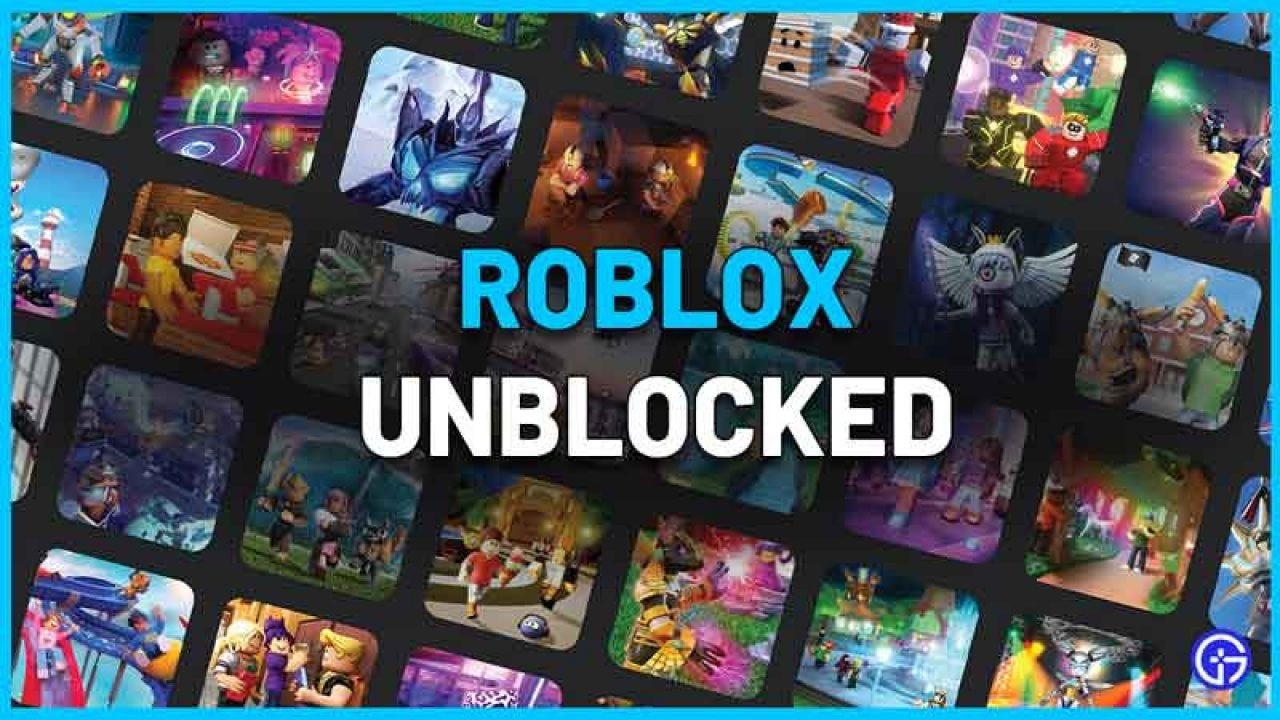Sheikh Hassan Nasrallah, the prominent leader of Lebanon’s militant Shia Islamist Hezbollah movement, stands as one of the most recognized and impactful figures in the Middle East. Recently, he was reportedly the target of an airstrike in Beirut, a situation that underscores his notorious status; he has remained out of the public eye for years, primarily due to fears of an assassination attempt by Israel.
Nasrallah is a shadowy yet formidable presence, closely tied to Iran, and has played a pivotal role in transforming Hezbollah into the potent political and military entity it is today, earning him veneration among his supporters. Under his stewardship, Hezbollah has provided training for fighters from the Palestinian group Hamas, as well as militias in Iraq and Yemen, while acquiring missiles and rockets from Iran for confrontations with Israel.
From its origins as a militia aimed at resisting Israeli forces in Lebanon, Hezbollah has metamorphosed under Nasrallah’s guidance into a military powerhouse that surpasses the Lebanese army, an influential player in the political landscape of Lebanon, and a significant provider of health, education, and social services. It also plays an integral role in Iran’s quest for regional dominance.
Born in 1960 in the Bourj Hammoud neighborhood of Beirut, Nasrallah was the eldest of nine children in a family run by his father, Abdul Karim, who owned a modest greengrocery. He aligned himself with the Amal movement, a Shia militia, as Lebanon plunged into civil war in 1975. After a brief period studying at a Shia seminary in Najaf, Iraq, he returned to Amal before splitting off in 1982, shortly after Israel’s invasion of Lebanon.
The newly formed Islamic Amal received substantial military and organizational backing from Iran’s Revolutionary Guards stationed in the Bekaa Valley, becoming one of the most effective Shia militias, which would later coalesce into Hezbollah. In 1985, Hezbollah publicly declared its existence through an “open letter,” designating the US and the Soviet Union as the principal adversaries of Islam and advocating for the “obliteration” of Israel, which it accused of occupying Muslim territories.
Nasrallah ascended through the ranks of Hezbollah, initially serving as a fighter before becoming the leader in 1992 at the age of 32, following the assassination of his predecessor, Abbas al-Musawi, in an Israeli airstrike. His early leadership was marked by a swift retaliation against Musawi’s killing, which included rocket assaults on northern Israel and a series of attacks that resulted in numerous casualties.
He successfully orchestrated a low-intensity conflict with Israeli forces, culminating in their withdrawal from southern Lebanon in 2000, albeit with the personal tragedy of losing his eldest son, Hadi, in combat. Following this withdrawal, Nasrallah declared Hezbollah’s triumph as the first Arab victory against Israel and firmly stated that the organization would not disarm, insisting on the restoration of all Lebanese territory, including the contested Shebaa Farms.
A period of relative tranquility was disrupted in 2006 when Hezbollah conducted a cross-border raid, killing eight Israeli soldiers and capturing two others, prompting a massive Israeli military response that included aerial bombardments and extensive rocket fire from Hezbollah. This conflict resulted in significant casualties on both sides, with over 1,125 Lebanese and 164 Israelis losing their lives during the 34-day war.
In 2009, Nasrallah released a political manifesto that sought to articulate Hezbollah’s vision while softening some of its hardline stances from earlier documents. Nonetheless, he reiterated the necessity of maintaining arms in defiance of UN resolutions banning their presence in southern Lebanon.
As the years progressed, Nasrallah declared a new phase for Hezbollah in 2013, announcing the deployment of fighters to Syria to assist the Iranian-backed regime of President Bashar al-Assad in quelling civil unrest. This move drew ire from Lebanese Sunni leaders and exacerbated sectarian tensions within Lebanon.
In the wake of Lebanon’s severe economic crisis in 2019, widespread protests erupted against a political elite long criticized for corruption and mismanagement. Initially sympathetic to calls for reform, Nasrallah’s stance shifted as the protests escalated into demands for a complete overhaul of the political structure.
On October 8, 2023, following a groundbreaking attack on Israel by Hamas, tensions flared anew between Hezbollah and Israeli forces. Hezbollah launched strikes against Israeli positions in a show of solidarity with the Palestinians. In a subsequent address, Nasrallah acknowledged that the Hamas operation was “100 percent Palestinian” but emphasized the significance of Hezbollah’s military response.
The group unleashed over 8,000 rockets towards northern Israel and the Golan Heights, alongside anti-tank missile attacks and drone strikes on military targets. In retaliation, the Israel Defense Forces initiated airstrikes and ground assaults against Hezbollah positions within Lebanon.
In his latest remarks, Nasrallah attributed responsibility to Israel for detonating devices used by Hezbollah members, resulting in significant casualties. He lamented the unprecedented toll inflicted on the group and warned that Israel had “crossed all red lines.” Shortly thereafter, Israel escalated its military actions against Hezbollah, resulting in a devastating wave of bombardments that reportedly claimed nearly 800 lives.



